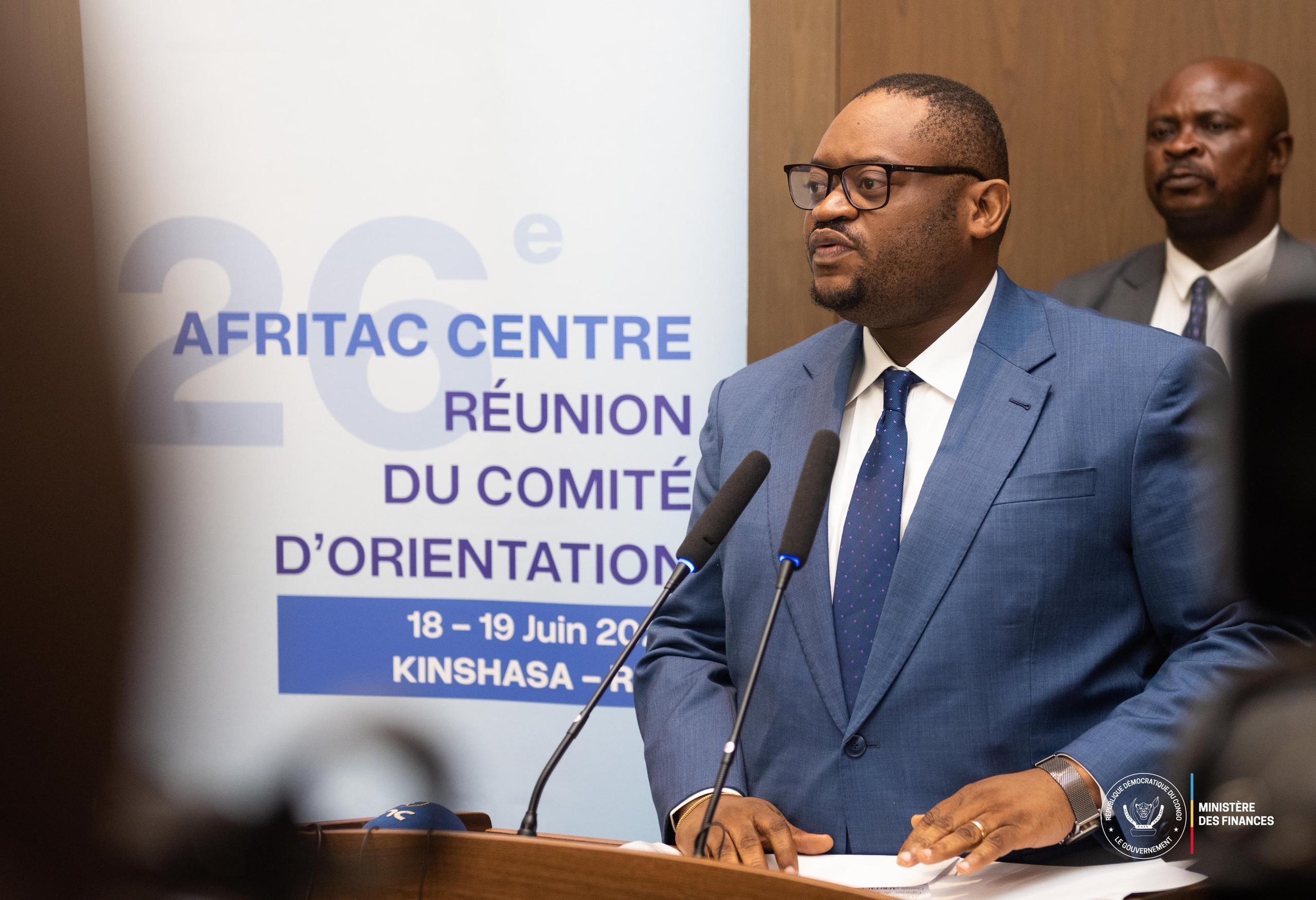** Press review of April 11, 2025: Congolese economy and geopolitical issues **
The economic context in the Democratic Republic of Congo (DRC), marked by a war which continues due to ethnic tensions and geopolitical interests, constitutes a burning and complex subject. The recent comments of the Minister of Finance on the resilience of the Congolese economy and the stay of Prime Minister Judith Suminwa in Dubai raise questions about the management of state resources and priorities in moments of crises.
During a press dinner organized in Kinshasa, the Minister of Finance said that the Congolese economy remains on a recovery path, despite the challenges caused by the armed conflict, especially in the east of the country. According to Fatshimetrie, he highlighted reassuring data, such as an inflation rate of 2.3 % in March 2025, against 4 % a year earlier. This decline in inflation, combined with the stability of the exchange rate since June 2024, is presented as a positive indicator of the government’s financial management. However, this optimistic vision must be nuanced by the reality of loss of public resources, with at least 4.5 % of the budget which does not reach the state because of the military occupation in the North and the South Kivu.
The question then arises: to what extent can the management of public finances be effective when almost a fifth of the territory remains in the grip of a parallel administration, as Fatshimetrie points out? The opening by the M23-AFC group of a branch of the Congo Savings Fund is an example of the complexity of local realities. Although this may seem an opportunity for populations, the warnings issued by specialists, such as Fwamba Doudou, on potential lack of guarantees, raise concerns about the security of citizens’ savings.
At the same time, the Prime Minister’s trip to Dubai for discussions with DP World on the Port of Banana strategic project, underlines a desire to invest in the country’s maritime infrastructure. According to Fatshimetrie.org, the agreement obtained for a delivery scheduled for 2026 constitutes a major issue for the regional integration of the DRC and the diversification of its trade. The importance of this port, which could offer large-scale maritime access, goes beyond simple economic considerations: it could also be a vector for stabilization and attractiveness of the country on the international scene.
However, delays in the delivery of this project, initially planned for 2025, raise questions about the capacity for coordination between government and private actors. Could the construction of adequate infrastructure, reinforced by a stable economic environment, be enough to re-enchant foreign investment in a context where conflict areas are still significant?
The interaction between these two subjects, namely the management of public finances during the war and the country’s commitment to major projects, raises the crucial question of the strategic choice of the State. Should he focus on short-term economic measures to stabilize the situation in the East, or invest in long-term projects which, once completed, could help overthrow the country’s history?
The challenges to be met are multiple, but they also carry opportunities for the DRC in germ. Will the reflections of the various actors, political, economic and social, on the priorities of the State in a context of war and occupation, will they make it possible to go through this difficult period by uniting the forces to build a more solid future? The answers to these questions require an open and enlightened debate, where the voice of citizens, often ignored in broad outline of public policies, must be put forward.
With this in mind, dialogue between government, economic actors and civil society will be crucial to navigate through the uncertainties of this crisis. Mutual commitment to a shared vision could constitute the key to building lasting resilience and lasting peace in the Democratic Republic of Congo.

